Last Updated: 14 Jul 2025.
AI assisted coding has come a long way from being co-pilots to being fully fledged agents (Devin, OpenHands, Cursor, Windsurf, v0, bolt, loveable, …). IDEs like VSCode have moved from moderately helpful rule-based code editor assistants to full-fledged AI assistants with Agent-chat and enabling vibe-coding. Now tools can help you go directly from UI screenshots and product requirement documents to working code for complex applications in a few minutes. For example, see Reid Hoffman’s attempt to clone LinkedIn by prompting Replit.
It is natural to ask where we are going and how far will we go. Lot of speculation — there are plenty of takes on both technical and economic aspects of AI assisted coding. Maybe a single person billion dollar company (Sam Altman) isn't too far.
This post is a live document, where I will share my observations, analysis, and different perspectives around the future of AI assisted coding, document significant advancements as well as the future directions and possibilities that it may hold
Andrey Karpathy - Vibe coding post. Andrej summarized the exponential advancements with a pithy yet far-reaching phrase — vibe coding. Coding and building via free form conversation — this is where we hope to reach one day.
and my take on it.
Here’s a new one - “Vibe coding”. Let me break it down.
- Use Cursor composer with Claude Sonnet (or equivalent) to code with English instructions.
- step up: trust Cursor to do the right thing. “Accept All” the diffs each time.
- step up: act dumb, meticulously copy back any errors to Cursor. Work around any errors which appear too hard.
- step up: stop typing, talk and code. Use SuperWhisper (or equivalent) to talk to Cursor and instruct, as you see code evolve as per your intent.
This can go on for sometime and can take you quite far. You at least have a full prototype running for what was only a thought an hour back.
Until the code grows beyond your cognitive capacity. And then, “cognitive overwhelm” begins to emerge. I'm not sure if I know enough to move forward!
Cursor can help you here but you are not sure if it can connect all the dots you need to move forward, pronounce the next command.
You go back to deeply reading through the existing code to rebuild your mental model.
How do you feel about the vibe coding session now? Did you win or lose?
I think the last part hurts - we need to do something about avoiding to rebuild our mental model after a vibe session.
I think the uptake and acceptance of vibe coding ultimately depends on how easily the assistants let us store and access the “map of the code” we are writing and restructure it at our convenience.
Set up a new repo with a Python backend and TypeScript frontend. Use best practices, including mypy for type checking, ruff for linting, pre-commit hooks, and github actions for CI/CD. (source: AllHandsAI)
Many more observations on useful Vibe-coding later in this article.
Model Control Protocol (MCP) was introduced by Anthropic (and adopted everywhere) to let LLM-based clients talk to various data sources and tools using a standard protocol. This mirrors traditional APIs for LLMs and increases the surface of tools/data that we can talk to using natural language.
MCP let LLMs talk to arbitrary data via natural language callers and callees.
alternative to structured API interfaces.
connect callers to callees dynamically
core protocol quite simple: list all tools, call a tool with parameters
For example, check out this Claude integration to Blender via MCP. Building 3D worlds in Blender is an extremely specialized activity, and requires deep understanding of the APIs and the design process. An MCP server (proxy) for Blender’s APIs makes it accessible to a low-skilled developer, who can start off building rudimentary 3D scenes and models using prompts, while learning from the code generated.
Watch full tutorial for building with Blender via MCP.
MCP servers are popping up to interface all kinds of data sources and APIs. See awesome MCP list of servers and server aggregators.
Quick Custom, Use-Throw Software Paradigm
Inject agents into code at runtime paper. Allow LLM to add/modify code during deployment.
A useful analogy here is that of ahead-of-time vs just-in-time. Software, in the traditional format, was created and configured ahead-of-time, to be deployed at runtime, in mostly static format. Now, we look forward to Just-in-time software, where huge amounts of full-stack code will be written on demand in a short period, for a particular use case / demo / prototyping. Then, it may be either thrown away or integrated into a bigger software ecosystem (separate branch/version or more deep integration).
Weaviate’s Query Agent
Querying tabular databases using plain text queries (via conversion to SQL) was one of the first successful applications of LLMs. However, as users tried to scale the approach to real databases, the naive “dump table metadata to LLMs with the query” approach failed to scale. Besides creating a well formed SQL query, they encountered many bottlenecks — how to narrow down a subset of tables relevant to the query, how to select a subset of (many) columns from each table, how to self-correct minor errors and so on. Thus, in practice, Text to SQL turned out to be not so straightforward problem.
Robust Agent pipelines almost always involve decomposing the query into a multi-step plan workflow before executing the plan using tools. Instead of building text to SQL or text to database pipelines over and over again, why not simply write a prompt and let an agent take care of the building a multi-step querying pipeline?
Hot Competition among IDEs
GitHub Copilot and Similar Tools: GitHub Copilot is a leading AI coding assistant that integrates with popular IDEs like Visual Studio Code, providing real-time code suggestions and autocompletion. It can generate entire functions and suggest relevant libraries, making it versatile for developers.
Cursor, Windsurf and others: AI-powered IDEs that allows developers to write code using natural language instructions, enhancing productivity with features like smart autocomplete, writing/updating code by chatting with Code Agents, and so on.
Checkout this comparison between v0, Bolt and Lovable for prototyping.
Completing the life cycle: all the way from development to deployment (introduced in Windsurf Wave 6 and others).
Experience Reports with AI-Assisted Coding
How I reduced 90% errors for my Cursor (+ any other AI IDE) video. Setup an explicit task management system for your AI.
Malaikannan’s weekend vibe coding to build a company-wide useful CTOdashboard.
Switching to Cursor is a mindset and culture change.
Cursor best practices, cursorrules etc
Better Vibe Coding with AllHands AI link. Code with types, use type checking, practise TDD, use CI/CD for testing regularly, event-driven (prompt) actions,
Rebuild Sparkle in 14 days with AI - article. (my current favorite among all)
How Anthropic Teams use Claude article
Claude Code Best Practices
Gemini CLI - open source Agent
Eugene Yan’s experiments with Claude Code link
More general purpose, controllable Agents
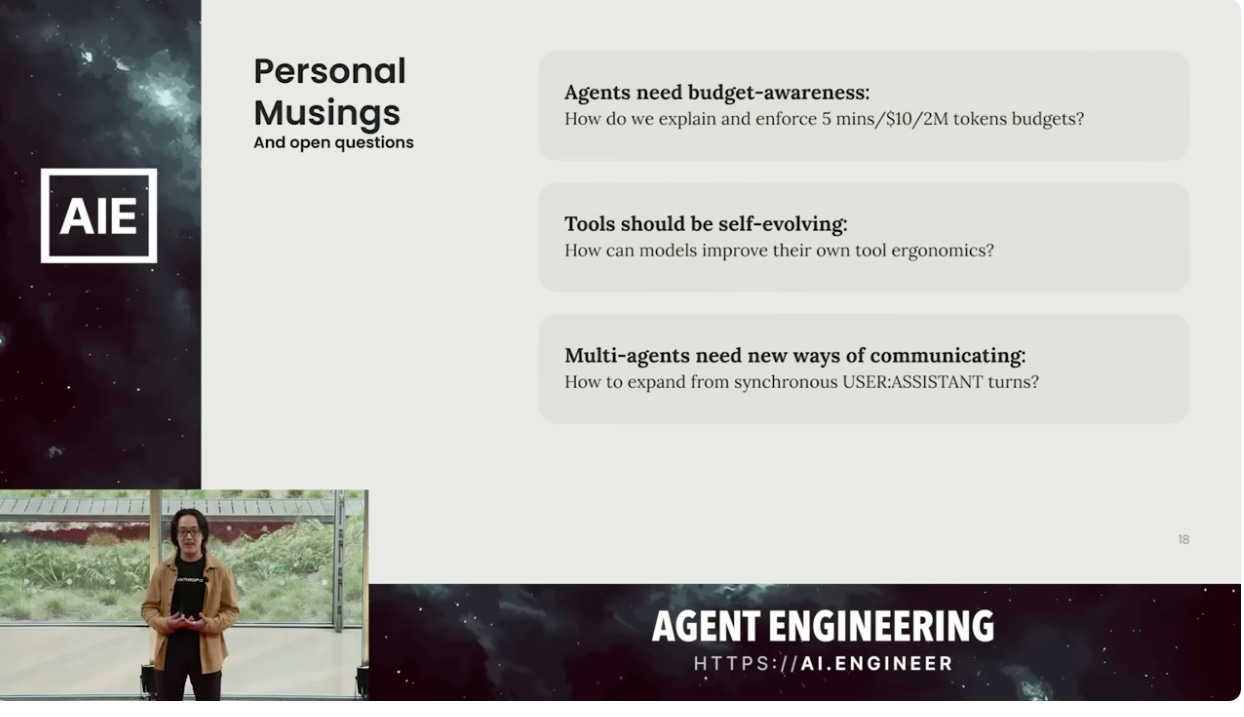
Market and Economics
With code assistants, new digital products will be created faster than ever. Quickly build-experiment, throw away irrelevant parts, refine, test market fit and distribute at scale.
Development will become far more commoditized. How broadly and quickly can you distribute will become the key factor.
There are continuous debates on whether coding jobs will remain the same, restricted to specialists or completely taken over by agents.
Dario Amodei (CEO, Anthropic)
In just three to six months, AI will be writing 90% of all the code produced, Amodei tells the Council on Foreign Relations
Mark Zuckerberg has expressed a similar sentiment. In an earnings call in January, he said that 2025 would be the year a software engineering AI agent will have “coding and problem-solving abilities of around a good mid-level engineer.”
Arun Prasath Arunachalam (ED at Google) posts that handling ambiguity and decision making about software, structuring code to remain maintainable, are among the key latent skills that will remain in demand. “Take advantage of AI, but know your fundamentals and learn to code well.”
Bill Gates says AI won’t be able to replace these jobs —biologists (AI lacks the creativity needed for scientific discoveries.), energy experts (too hard to automate).
John Carmack: Yes, we will get to a world where you can get an interactive game (or novel, or movie) out of a prompt, but there will be far better exemplars of the medium still created by dedicated teams of passionate developers.
Thomas Dohmke, Github CEO. You have to understand the code. “[If] software is your business, you've gotta understand what the code does,” he says, “because otherwise you're going to have security vulnerabilities [and] you're going to have functional issues.”
Gokul Rajaraman
A company reduced the core product development team size and increased the tooling team. It seems more (new kind of) AI systems engineers who can connect the structured and unstructured world are needed . link
AI collapses the middle (layer of software engineers) link
"Will AI Replace Programmers?" from Upwork:
Argues that AI will augment rather than replace human programmers, enhancing productivity and innovation in software development.
"Will AI Replace Programmers? Maybe—But Not the Way You Think" by Pragmatic Coders:
Suggests that AI will redefine programming roles rather than eliminate them, focusing on higher-level tasks and requiring fewer human coders per project.
Softdevai.com AI-generated code can be bloated, inefficient, or insecure if not refined by skilled developers. It often lacks proper error handling and may introduce vulnerabilities.
To conclude, here are some questions that can stimulate deeper thought and shed light on the far-reaching implications of these developments. Let me know your thoughts.
What else will prompt-driven coding Agents take over?
Where will value accrue as agents come to market at scale?
How will agents engage in business with each another?




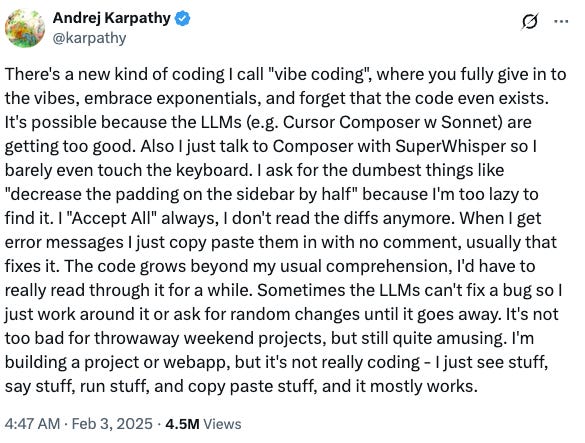
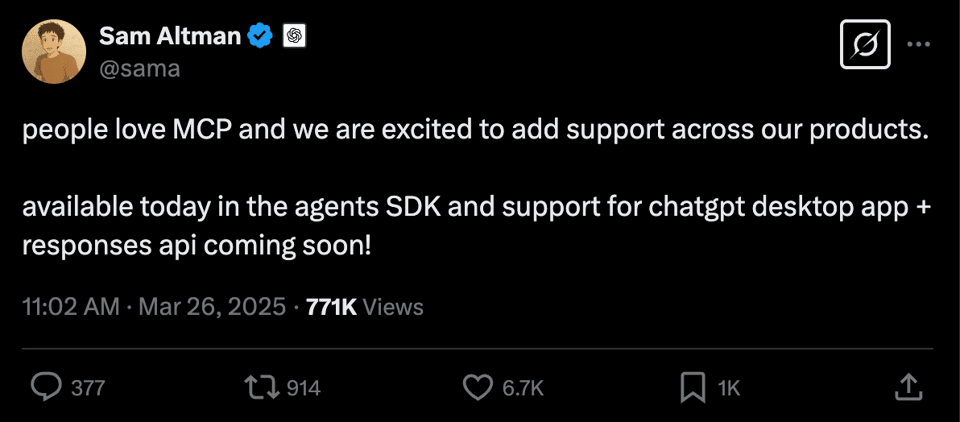
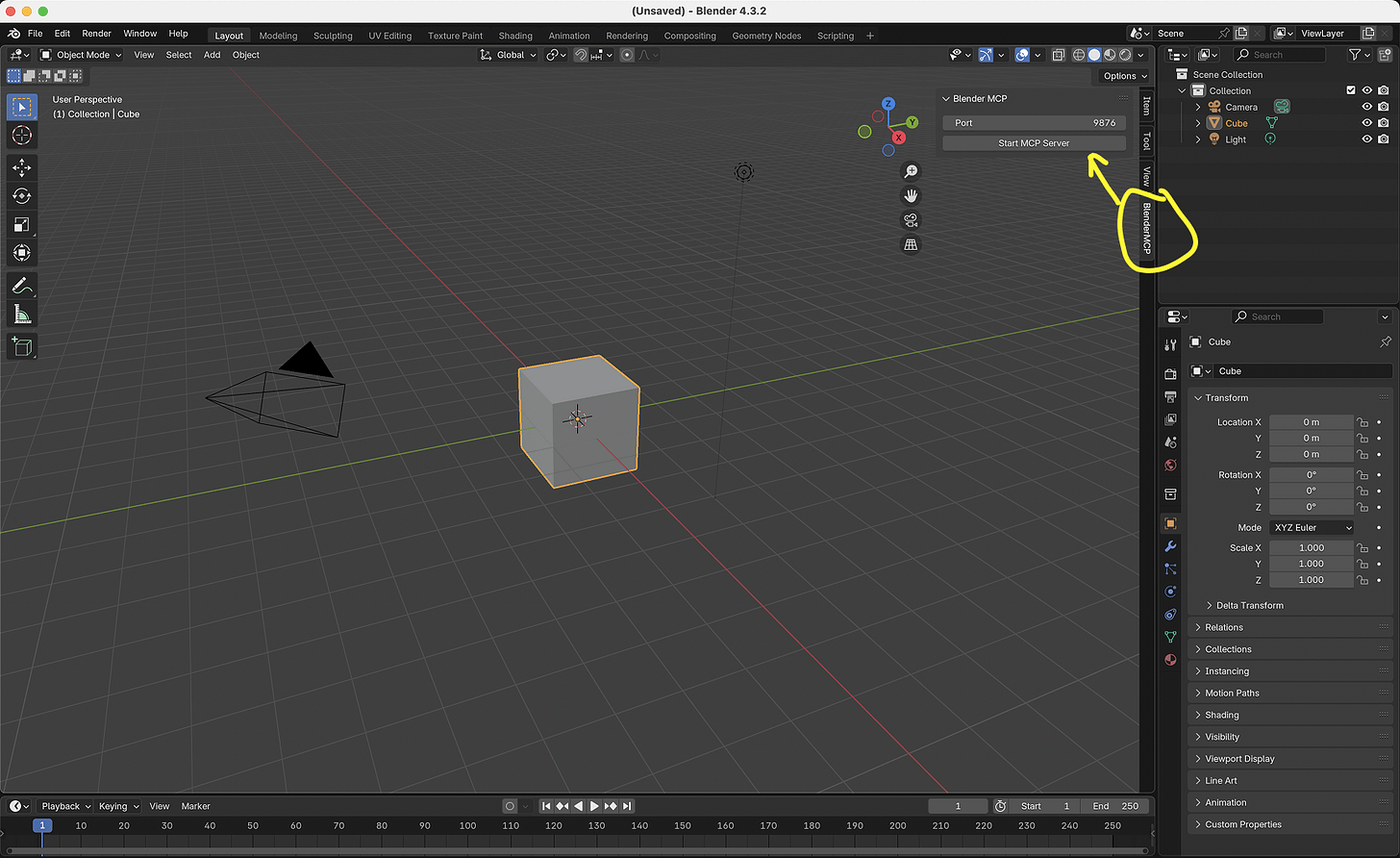
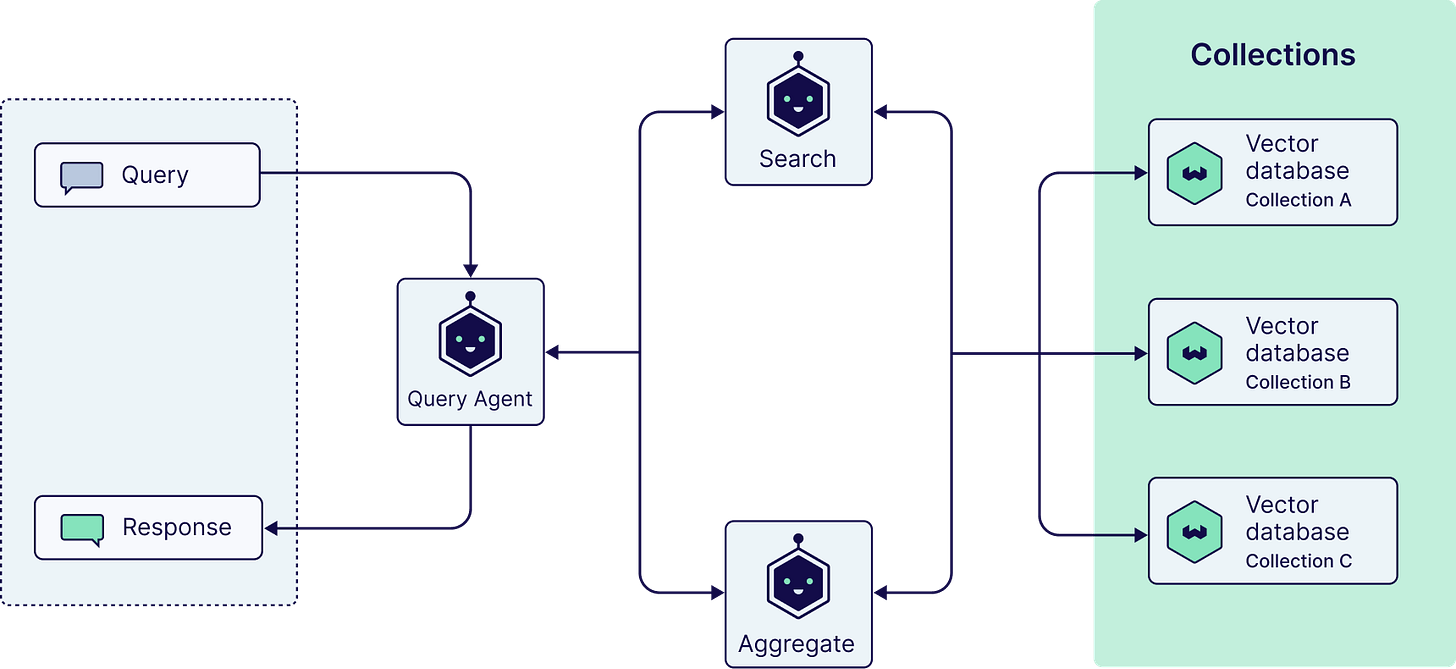

Good summary. I’m also quite paradoxical about this trajectory of AI assisted/ AI coding agents and the landscape of software engineering. Will keep an eye on your (this) live doc.